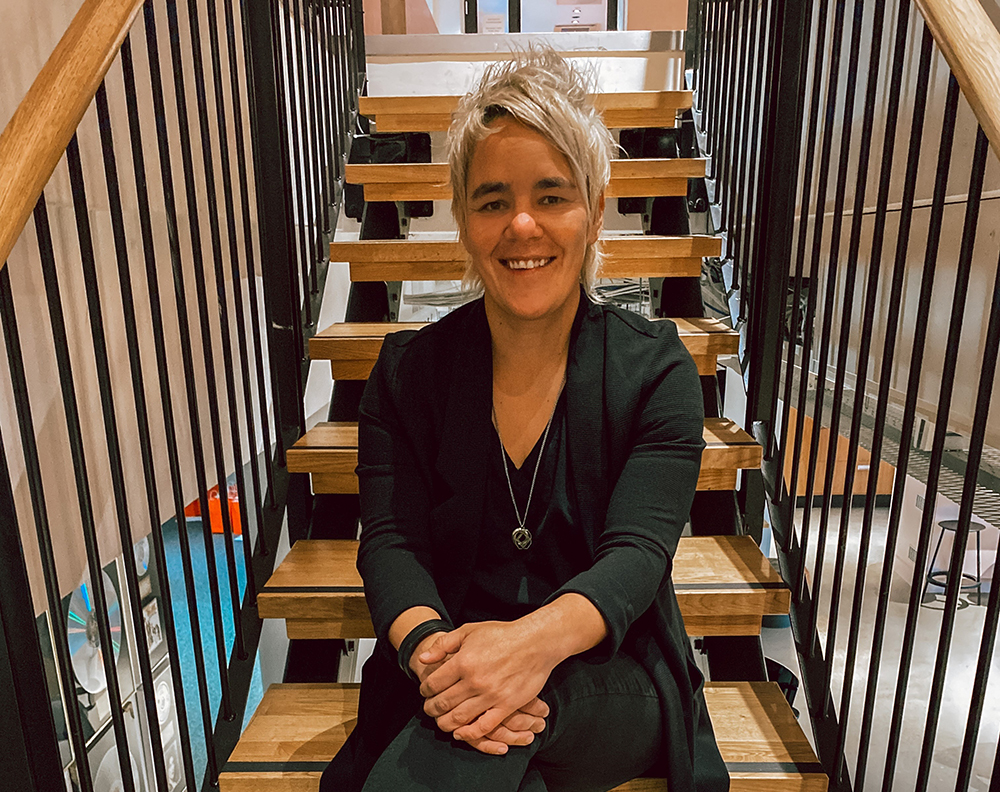
RADIO WAVES (Hypebot) – A NEW BRAND OF LEGAL PAYOLA
A battle is raging in Washington over requests by labels and artists to charge radio broadcasters more for playing music. Currently only the songwriter gets paid for the airplay via ASCAP, BMI and SESAC. Nothing goes to the performer.
Sounds unfair. But change often has unforeseen consequences. Is now when radio is faltering, the right time to ask for money or will it push more music off the air? And does charging more break the implicit promotional contract between artists, their record companies and broadcast radio?
Music Attorney David Oxenford believes that new efforts to charge radio more for playing music breaks the promotional “bargain” between labels and broadcasters would be voided with the proposed legislation and put broadcasters "in the position where they could charge the labels or the artists money for playing those songs and getting promotional value.”.
"If you get into the sort of situation where you have a performance royalty, but you also give broadcasters the rights to collect money for featuring music on the air without any sort of announcement that you have to do now to avoid the payola rules, you’re going to make the richest artists richer because, for example, if you’re a rock station you can’t avoid playing U2. So U2 gets richer," the attorney told Hear 2.0.
"But the new artist who’s not a core artist or who doesn’t offer core songs would be the one the broadcaster would need the pot “sweetened” in order for it to receive airplay. And that creates exactly the wrong incentives, I think, for the music industry and exactly the wrong incentives for what Congress wants to create," he continued.
"I’m describing a legalized version of payola. You can do this now; it’s just a matter of disclosure. All you’d be talking about is, in the future, not having to disclose that you’ve been paid to play a particular artist…"
"You know, when you go to the doctor’s office and the doctor prescribes a particular drug for you, the doctor isn’t required to disclose that he was just taken out to lunch by the drug company as promotion to feature their drug. Or when you walk into the grocery store to buy some food and see the big display of corn chips at the end of an aisle, the grocery store doesn’t have a sign there saying that Doritos has paid for this premium placement."
"For medicine and food, the basics of life, no disclosure is required by law, but music, which everybody loves but isn’t life and death – requires disclosure or you go to jail, and it’s kind of silly."
























































